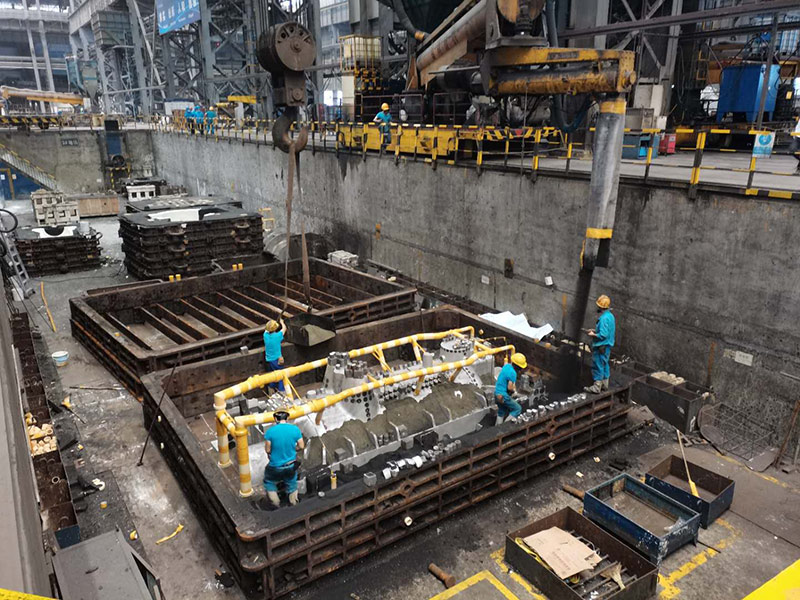Is Sand Casting Sustainable?
Sand casting, one of the oldest and most widely used manufacturing processes, involves creating metal parts by pouring molten metal into a sand mold. While this method has stood the test of time due to its versatility and cost-effectiveness, the sustainability of sand casting is often questioned, especially in the context of environmental impact and resource consumption.
Is Sand Casting Sustainable?
Another critical factor is the energy consumption involved in the sand casting process. The manufacturing of molds and the melting of metal require substantial energy, often derived from non-renewable sources. This energy-intensive process contributes to carbon emissions and climatic changes. However, advances in technology are paving the way for more energy-efficient practices in sand casting. For instance, companies are increasingly adopting electric furnaces and recyclable materials, which can help mitigate some of the environmental impacts.
is sand casting sustainable

Recycling also plays a significant role in enhancing the sustainability of sand casting. The metal scrap generated during the casting process can be recycled and reused, significantly reducing the demand for virgin materials. Additionally, spent sand from the casting process can be reclaimed and reused for future molds, decreasing the need for new sand and minimizing waste. By implementing these recycling measures, foundries can operate more sustainably and reduce their overall environmental footprint.
Moreover, innovations such as 3D printing are emerging as complementary technologies to traditional sand casting. The integration of 3D printing techniques allows for more precise molds with less material waste. This convergence represents a promising avenue for enhancing the sustainability of sand casting while maintaining its inherent advantages.
In conclusion, the sustainability of sand casting is a multifaceted issue that necessitates thoughtful consideration of material sourcing, energy consumption, and waste management. Although challenges exist, particularly regarding the environmental impact of sand extraction and high energy use, advancements in technology and recycling practices present opportunities for improvement. As industries increasingly prioritize sustainability, sand casting can evolve into a more environmentally friendly process, maintaining its relevance in modern manufacturing while addressing ecological concerns. Through responsible practices and innovative technologies, the future of sand casting can be aligned with the principles of sustainability.
Post time:wrz . 02, 2024 14:49
Next:Super Sand G2 - Ultimate Sandbox Gaming Experience
